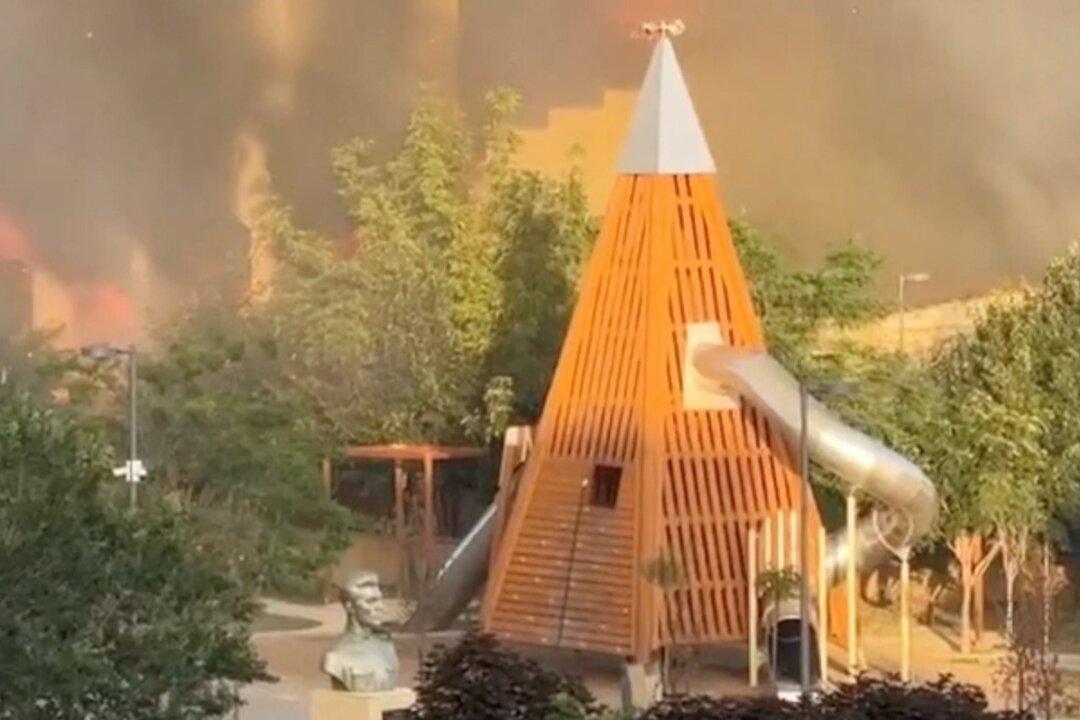Multiple shooting attacks in Russia’s southern Dagestan region have left at least 20 people dead, including more than a dozen policemen, local officials have said.
“This is a day of tragedy for Dagestan and the entire country,” regional governor Sergey Melikov said immediately after the incident.





